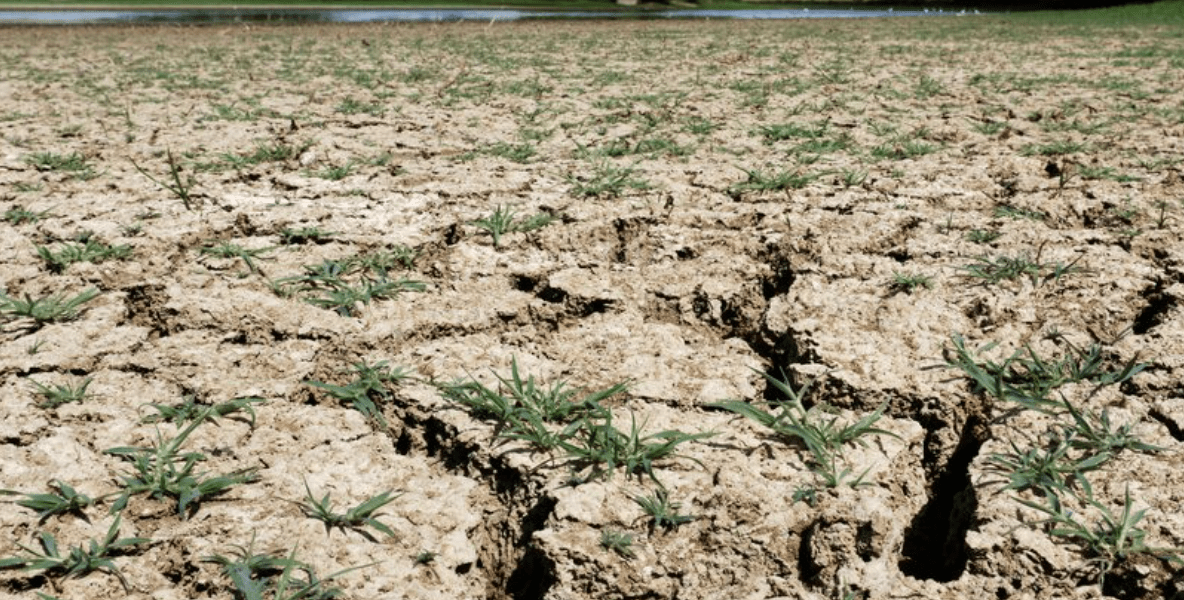Fort Worth, Texas, is widely known for its cattle and oiling industry, but a lesser known topic discussed are the challenges homeowners face with the city’s soil. The type of soil found here can significantly impact your home’s foundation. If left unattended, it has the possibility of affecting the stability and longevity of your home’s foundation. In this blog, we’ll discuss the specific soil types found in Fort Worth and how they affect the homes in the area.
Types of Soil Found In Fort Worth, Texas?
Texas has lots of diverse soil, but Fort Worth is known to have expansive clay soil. There are two types of soil found in the area.
Blackland Prairie Soil
Blackland Prairie soil is a heavy dark clay soil that is present in much of Fort Worth and its surrounding areas. This soil is known to be rich in nutrients and is excellent for agriculture but poses great challenges for buildings constructed on top of it. This is due to its expansive properties in Texas shifting weather. During the hot summers, the clay soil dries and shrinks, Then in the wet winters it swells significantly, creating constant movement that can damage home foundations.
Alluvial Soil
Alluvial soils are commonly found near rivers and streams in Fort Worth. It consists of fine sand, silt, and clay. This type of soil has less problems than other soil, but still may result in uneven settling if not prepared correctly during construction.
The common issue with these soil types is the clay which they are made of. It expands and contracts depending on moisture levels. Resulting in shifting, cracking, or uneven floors in your home.The issues do not stop there. Check out our other article to learn about the warning signs that your home may need foundation repair.
How Expansive Clay Soils Affect Foundations
The clay soils in Fort Worth are classified as expansive soils because they change volume dramatically with changes in moisture. The best analogy would be similar to baking bread. When you put the yeast and let it rest overnight you will notice that it has expanded in the container in which it was in. The similar principle applies with clay soil. During hot summer, it dries off the soil, going back to its original state, but once the rainy season starts it bulges upwards to relieve the pressure of the clay expanding.When you lay a home’s foundation on top of this it can lead to significant problems for home foundations, including:
Cracks in the Foundation
As the soil beneath your home swells and shrinks. It puts pressure on the foundation causing cracks to form.
Uneven Settling
When the soil dries out and shrinks, parts of your foundation can settle unevenly, leading to sloping floors and structural damage.
These issues are made worse with Fort Worth’s varying weather. Especially since they receive lots of rain and hot dry summers.
Preventing Foundation Damage Due to Expansive Soils
Expansive clay soils in the area may be present but it is not the end of the world. Luckily, there are some proactive measures that can help minimize the risk of your home’s foundation from being damaged. Here are some of the best way on how to prevent damage:
Install Drainage Systems
When you have a professional drainage system set up it can help redirect water away from your home. This is crucial because it prevents the soil from becoming oversaturated and swelling underneath your home. If you are interested in learning more about home drainage systems you can check out our other blog.
Maintain Consistent Moisture Levels
During the dry summer months, it is important to water the soil around your home’s foundation. Doing so can prevent excessive shrinkage. There are some automated irrigation systems that are one of the best ways to maintain stable moisture levels. Or you could opt into doing it yourself and saving some money.
If you are looking to reduce the need for home foundation repairs, homeowners can do some of the proven methods above.
Repairing Foundation Damage Caused by Fort Worth Soil
If you found this blog after your home’s foundation has already been affected by expansive soils, that’s okay. Here at Maetro’s foundation repair we are here to assist in every step along the way. When facing repairs it’s important to consider that correcting an issue now could help prevent more costly repairs in the future. But if you are looking to get a repair done here are some common repair methods:
Pier and Beam Adjustments
This repair involves reinforcing and leveling pier and beam foundations to help correct settling issues and getting it to be level again.
Concrete Slab Repairs
For slab-on-grade foundations, cracks and uneven settling can be addressed by a method called pressed concrete piling repair, which involves digging into the soil and filling the holes with concrete to help correct the foundation.
Underpinning Techniques
Adding support beneath the foundation with piers or piles can stabilize it and prevent further movement.
The first step to resolving foundation issues is a professional inspection. Experienced foundation repair experts can assess the damage and recommend the best course of action for your home.
Why Maestro’s Foundation Repair Is Your Best Choice
When dealing with the challenges of Fort Worth soil, you need a trusted partner. We have years of experience working in the region, our team understands the specific challenges caused by expansive clay soils. We’ve successfully repaired countless foundations, earning the trust of homeowners throughout Fort Worth and Dallas. Our repair methods are designed to provide lasting results. We offer a warranty with each repair that we do. Don’t wait for foundation problems to worsen. Contact Maestro’s Foundation Repair today to schedule your inspection and get started on a solution.
